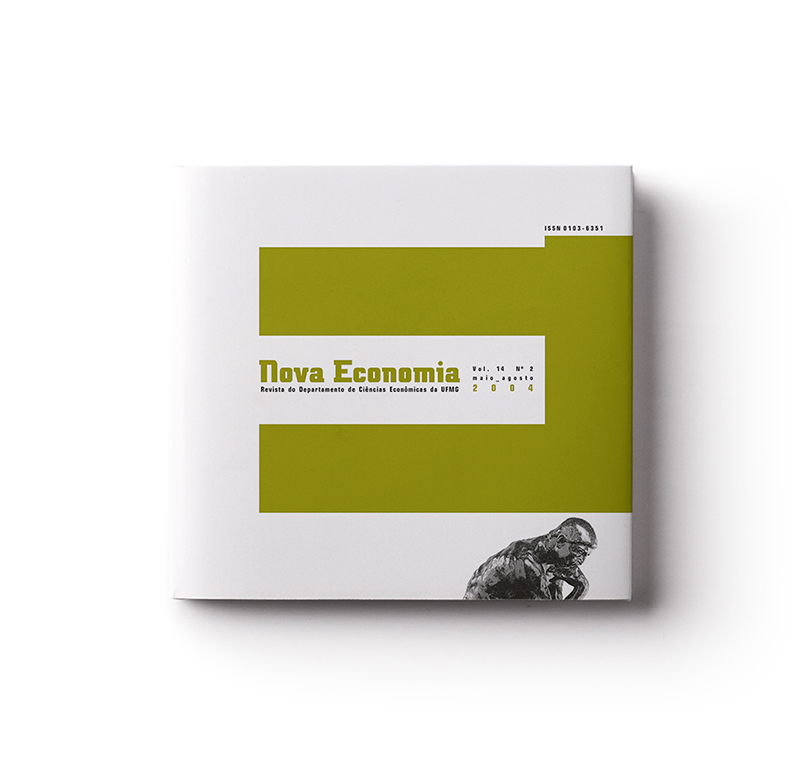Caminhos do pensamento neo-schumpeteriano: para além das analogias biológicas
Keywords:
neo-Schumpeterian analysis, evolutionist approach, biological analogies, self-organization.Abstract
This paper aims at contributing to the discussion of the theoretical construction of neo-schumpeterian approach of technical and economic change. Firstly, some fundamental arguments of this approach which are built in analogy to the evolutionist conception of Biological Sciences are presented. Secondly, we intended to distinguish, in recent literature, how neo-schumpeterian thinking evolves beyond such analogies, by integrating the concept of self-organization as the explaining element of the dynamic and evolving character of economic systems. Finally, some implications of such new perspective for the new-Schumpeterian research agenda are identified.Downloads
Published
2009-06-01
How to Cite
CORAZZA, R. I.; FRACALANZA, P. S. Caminhos do pensamento neo-schumpeteriano: para além das analogias biológicas. Nova Economia, [S. l.], v. 14, n. 2, 2009. Disponível em: https://revistas.face.ufmg.br/index.php/novaeconomia/article/view/434. Acesso em: 1 mar. 2026.
Issue
Section
Regular Issue
License
Authors who publish with this journal agree to the following terms:
- Authors retain copyright and grant the journal right of first publication with the work simultaneously licensed under a Creative Commons Attribution 4.0 International License that allows others to share the work with an acknowledgement of the work's authorship and initial publication in this journal.
- Authors are able to enter into separate, additional contractual arrangements for the non-exclusive distribution of the journal's published version of the work (e.g., post it to an institutional repository or publish it in a book), with an acknowledgement of its initial publication in this journal.
- Authors are permitted and encouraged to post their work online (e.g., in institutional repositories or on their website) prior to and during the submission process, as it can lead to productive exchanges, as well as earlier and greater citation of published work (See The Effect of Open Access).




